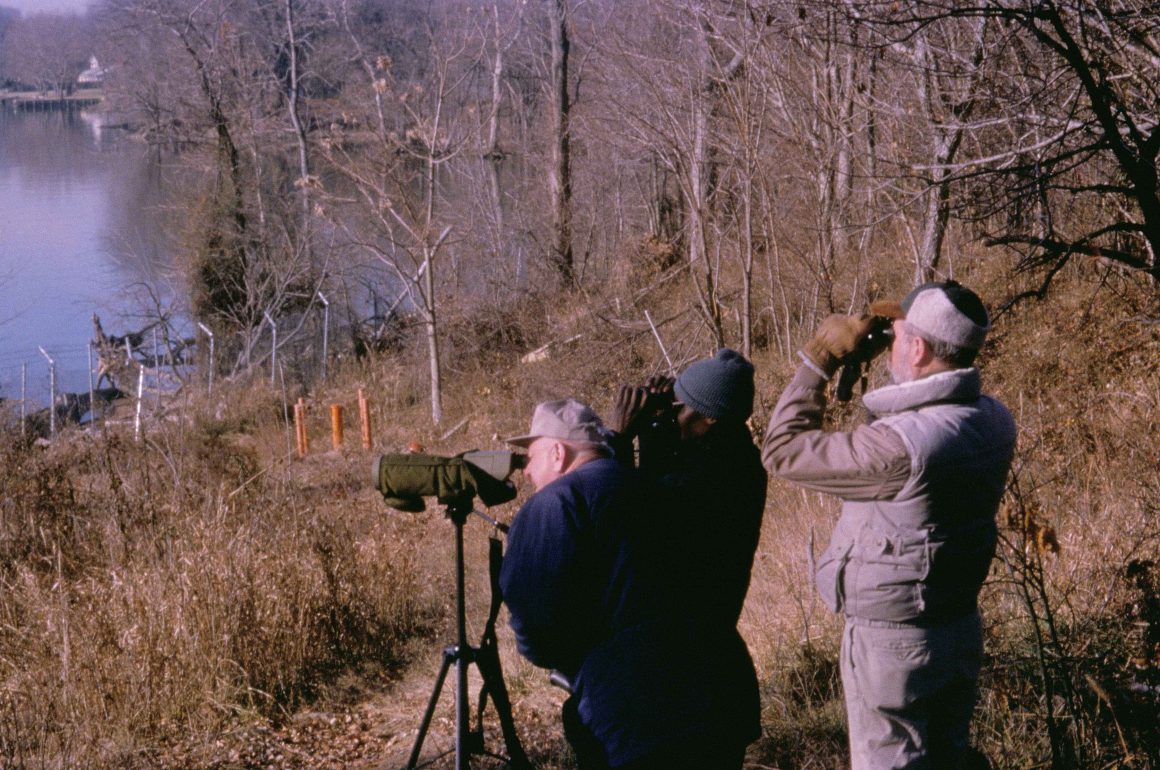
Long underwear: check. Boots: check. Heavy winter coat: check. Hat, gloves, scarf: check. A group of like-minded people willing to get up early on a winter morning: check. I think I’ll be ready for another Christmas Bird Count (CBC), which runs this year between December 14 to January 5. I think you should consider joining one this year, too.
The CBC began in North America on December 25, 1900. Ornithologist Frank Chapman encouraged people to go out for one day to count birds. It was a non-lethal alternative to the traditional “Christmas Side Hunt”, where people competed to see how many birds they could shoot with their new guns. The CBC is the longest-running citizen science survey in the world. Many other countries participate, but it is mostly held in the US and Canada. My home city of Toronto was one of the cities that participated in that first CBC.
Now, bird club members and individuals count for fun and friendly competition. Even if you can’t get outside, you can count the birds at your feeders.
Members of my Toronto birding club are assigned to specific geographic sectors. Some encompass city streets, which means House Sparrows, pigeons, and European Starlings make up the bulk of the count numbers. Others have highly-prized locations, mainly located down by the waterfront. They offer the opportunity for large numbers of species and individual birds. Getting onto those teams is harder than winning a lottery.
My group of five volunteers has a suburban sector, which encompasses ravines, a park, and an outdoor educational centre. It happens to be located near where I live. We have counted in rain, in deep snow, in bitter temperatures, and even on days that are balmy and fall-like. Just like the weather, the birds that show up can be unpredictable. One year, a female Long-tailed Duck was hanging out with the Mallards in a park’s river. She should have been down at the lakefront. Another year, we had a Red Crossbill in our sector. That was a great find for Toronto.
At the end of the day, clubs usually have a roundup for members. Someone will offer their home and there will be a potluck meal. The numbers will be tallied and posted to eBird for use by ornithologists. The rarest bird of the count will be decided. The group that found it will get the trophy and bragging rights for the year.
Call up your local bird club, and if they participate, get involved. There is still plenty of time for you to be assigned to a team. Then, get your gear together, meet new friends, and have a fun time. The information you gather will help the birds and that’s the best thing about the CBC.
Note: Photo is from Wikipedia Commons, an online source of copyright-free photos: from Debbie McCrensky.


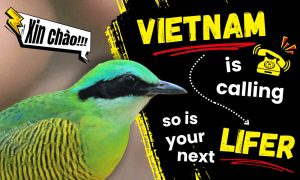




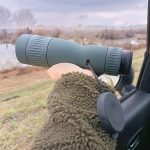
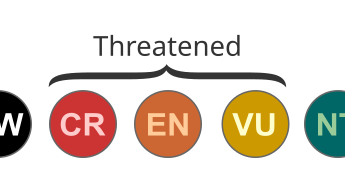
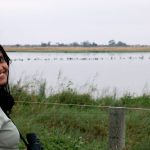

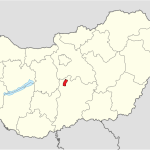
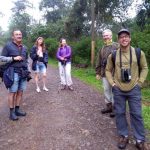

Ten years ago: No CBCs in my central Mexican state of Michoacán. Today: two well established CBCs each December/January, with 15-25 people participating in each (most of us go for both). And unlike up north, we would be very disappointed to see less than 120 species in either.
If any of our readers would like to have an easy and productive first experience with a Mexican CBC, the San Blas count has been going on for more than 50 years now, and about half of the participants are English-first speakers.
But if you would like to come along with our groups, you can fly to Morelia from many major US cities, and I will personally make sure you have a great experience!
Thanks for a great report. Our counts in San Mateo county (Calif) have better weather (usually) and are great fun. Especially the post-count dinners, as you correctly note. We’ve been doing this only for 70-ish years.
In Germany, we have the winter bird count at the beginning of January and another count in the summer. This is initiated by NABU, Germany’s largest nature conservation association.
In Dare County, North Carolina, in USA, we have an annual Christmas bird count that is before the holiday in mid December. I’ve enjoyed it and we always find 100 species or so with one or two rarity, vagrants dazzling us. Great fun and good to meet new birders too. Delighted to read this article.